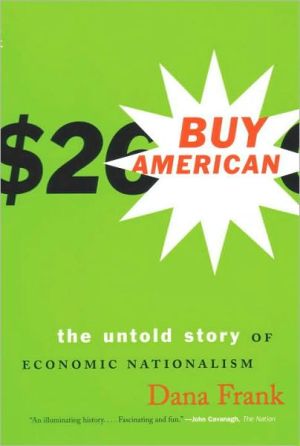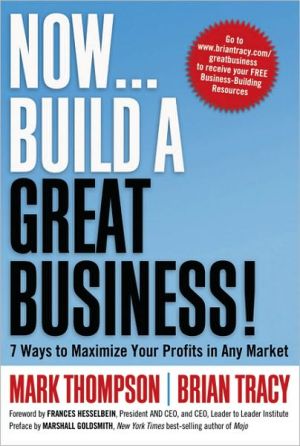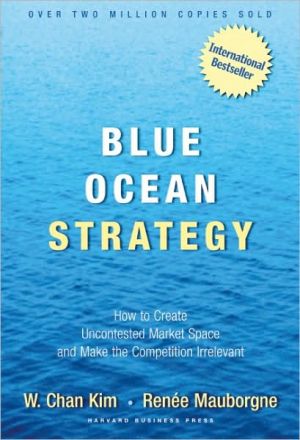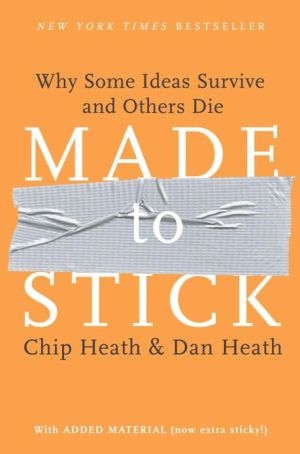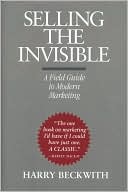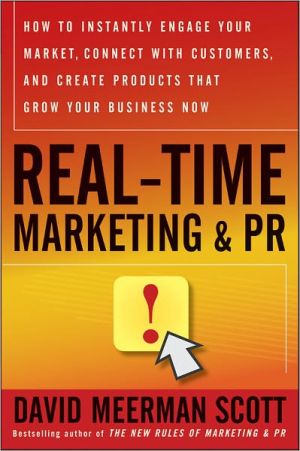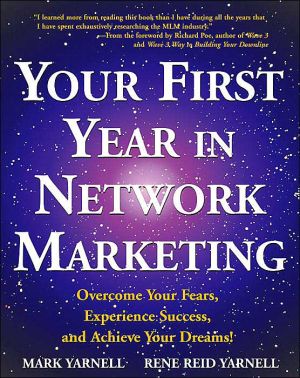Buy American: The Untold Story of Economic Nationalism
Are imports really to blame for disappearing American jobs? Tracing the history and politics of economic nationalism from the American Revolution to the present, labor historian Dana Frank demonstrates how "Buy American" campaigns are not a new idea. This entertaining story is full of surprises, including misguided heroes, chilling racism, and more than a few charlatans. Frank contributes a much needed new approach to the old debate between free trade and protectionism. She outlines a...
Search in google:
Are imports really to blame for disappearing American jobs? Tracing the history and politics of economic nationalism from the American Revolution to the present, labor historian Dana Frank demonstrates how "Buy American" campaigns are not a new idea. This entertaining story is full of surprises, including misguided heroes, chilling racism, and more than a few charlatans. Frank contributes a much needed new approach to the old debate between free trade and protectionism. She outlines a strategy that would serve the needs of working Americans instead of the interests of corporations and economic elites. Library Journal In this provocative and intelligent book, Frank (American studies, Univ. of California, Santa Cruz) examines the historical and socioeconomic roots of "Buy American" campaigns, analyzing the consequences for working people with surprising drama. "Buy American" campaigns date as far back as the Boston Tea Party. They also, as Frank illustrates through case studies involving William Randolph Hearst, Sam Walton, and the U.S. labor movement, have become a raison d' tre for racism, a front for private interests, and a means of undermining working-class democracy. Frank does an excellent job of creating articulate arguments out of a complex blend of history, economics, and current events. Her call for a new approach to foreign economic relations--one that promotes decent labor standards for workers worldwide and puts limits on capital mobility--will not meet with everyone's approval but should provoke stimulating discussion. Recommended for large public and academic libraries.--Donna L. Schulman, Cornell Univ. ILR Lib., New York Copyright 1999 Cahners Business Information.
PrefaceCh. 1Whose Economic Nation? Buy American Campaigns and the American Revolution3Ch. 2The Class Politics of the Tariff: Or, Secrets of the Tariff Revealed33Ch. 3Circling the Wagons: Buy American Campaigns During the Great Depression56Ch. 4No Thanks, Mr. Hearst: Alternatives to Buy Americanism in the 1930s79Ch. 5Making the World Safe for American Products: Imperial Free Trade in the American Century102Ch. 6So We'll Be Able to Make It in the U.S.A.: The ILGWU, the Union Label, and the Import Question131Ch. 7Demons in the Parking Lot: Autoworkers and the "Japanese Threat"160Ch. 8This Label Means Bigger Profits: Corporate-Sponsored Buy American Campaigns187Ch. 9Nationalism from the Bottom Up: Popular Buy American Campaigns214Conclusion: Up from Nationalism244Notes255Acknowledgments299Index303
\ Library JournalIn this provocative and intelligent book, Frank American studies, Univ. of California, Santa Cruz examines the historical and socioeconomic roots of "Buy American" campaigns, analyzing the consequences for working people with surprising drama. "Buy American" campaigns date as far back as the Boston Tea Party. They also, as Frank illustrates through case studies involving William Randolph Hearst, Sam Walton, and the U.S. labor movement, have become a raison d' tre for racism, a front for private interests, and a means of undermining working-class democracy. Frank does an excellent job of creating articulate arguments out of a complex blend of history, economics, and current events. Her call for a new approach to foreign economic relations--one that promotes decent labor standards for workers worldwide and puts limits on capital mobility--will not meet with everyone's approval but should provoke stimulating discussion. Recommended for large public and academic libraries.--Donna L. Schulman, Cornell Univ. ILR Lib., New York Copyright 1999 Cahners Business Information.\ \ \ \ \ John CavanaghThis book is a monumental effort of archival work and extensive interviews that is as insightful on race as it is on class. Frank's early history is particularly fascinating and fun. Few who read American history books know that "a Buy American campaign gave birth to the United States of America"...\ —from The Nation,October 25, 1999.\ \ \ John CavanaghThis book is a monumental effot of archival work and extensive interviews that is as insightful on race as it is on class. Frank's early history is particularly fascinating and fun. Few who read American history books know that "a Buy American campaign gave birth to the United States of America"\ — The Nation\ \ \ \ \ Kirkus ReviewsA disarming study of pro-American consumer movements. The author (American Studies/Univ. of Calif., Santa Cruz) sets out to unravel the history of "Buy American" campaigns, beginning with the Boston Tea Party prior to the American Revolution. In this and subsequent protests, the story includes the details of the actions themselves as well as investigations of the economic conditions that spawned them, philosophical motivations of the individuals and groups involved, and the typically disappointing results. One of the strengths of this reportage is the care taken to explain the complex and often confusing interactions and forces involved in manufacturing and consumption cycles. Even during the initial periods of the Revolutionary War, for example, when boycotts of English products were popular, these actions were ineffective and invited noncompliance. As the author states, "there was a whole lot of cheating going on." In modern times, other complicating factors arose, as when Japanese cars were boycotted even though some were made in this country, while American cars were favored even though some were made in Japan. Another major theme is the insidious specter of racism that fueled many "Buy American" episodes, not necessarily the trigger, but frequently the motivator for both sponsors and followers. Despite the fascinating friction between good intentions and the reality of the world that this story presents, however, the author ultimately focuses mostly on the topic of unions and trade barriers, with the argument tilted against laissez-faire capitalism and in favor of government protection. At one point, the free market is described as "a historically constructed theory that has beendevised to legitimate the goals of corporate interest and the elite Americans who profit from them." Although not exactly the sentiments of an unbiased reporter, this book mostly manages to overcome its political leanings and to present a thoughtful examination of nativist tendencies in American consumers.\ \
